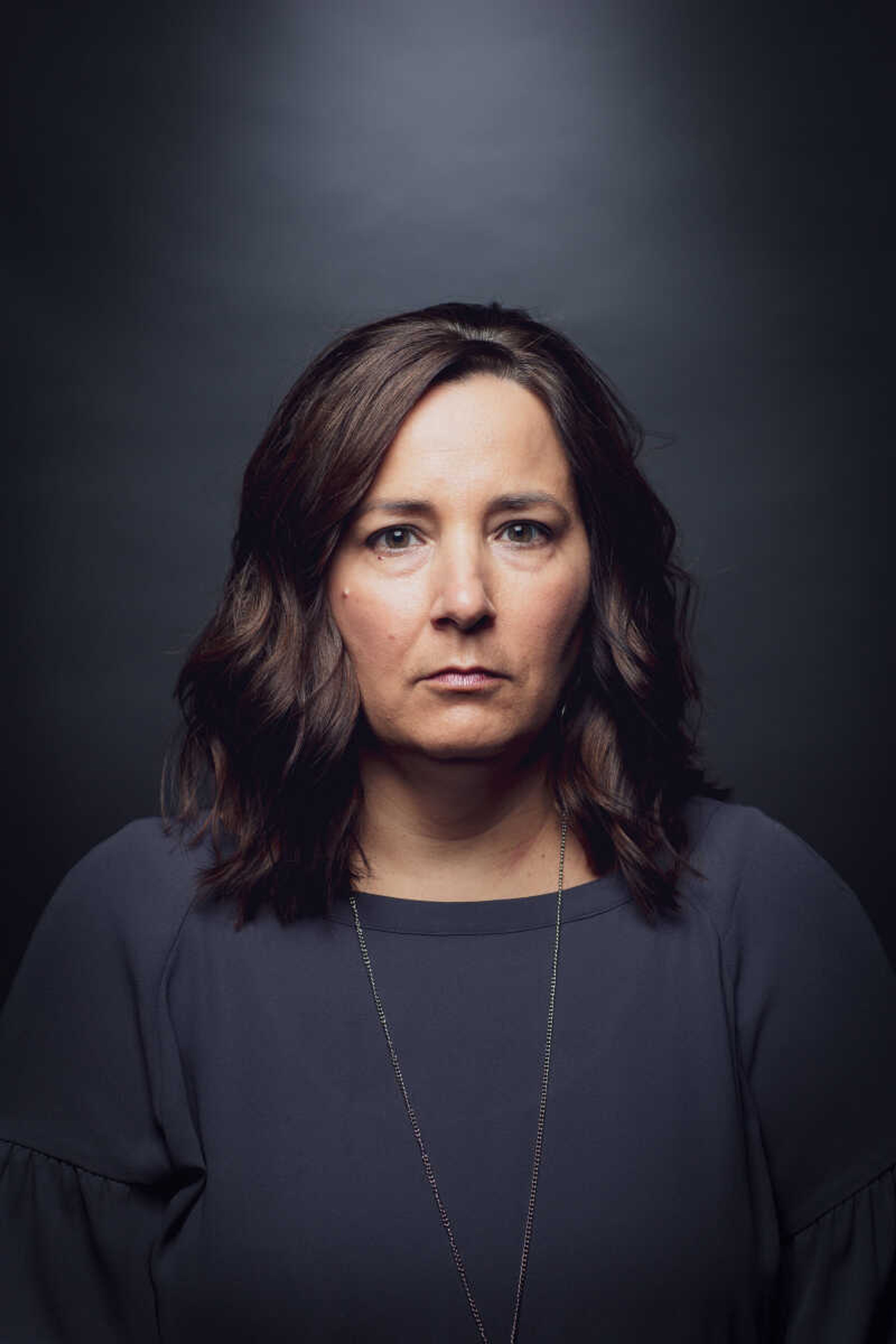Nicole Pyrtle: Moving forward after miscarriage
Grief comes in stages. For Nicole Pyrtle, it’s important to feel and recognize all of them. She’s mourned the loss of three children to miscarriage over the past 20 years. While feelings of grief never truly go away, she says she’s grown stronger by moving through it with the support of others. Through every anniversary and milestone — first days of kindergarten, high school graduations and birthdays — Pyrtle says she still feels a sobering feeling.
Grief comes in stages.
For Nicole Pyrtle, it’s important to feel and recognize all of them.
She’s mourned the loss of three children to miscarriage over the past 20 years. While feelings of grief never truly go away, she says she’s grown stronger by moving through it with the support of others. Through every anniversary and milestone — first days of kindergarten, high school graduations and birthdays — Pyrtle says she still feels a sobering feeling.
“You don’t ever move on, you just move forward,” she says. “You take steps every day.”
Sharing her story helps to heal, she says.
Pyrtle experiences polycystic ovary syndrome, which targets hormonal production but can also affect the ovary’s release of eggs, according to the Mayo Clinic. The cause of PCOS is unknown, and it causes difficulty with bringing a fetus to term.
In August 2000, she became pregnant with twins after previously experiencing difficulty with fertility. Pyrtle says she first felt her water break and the pains of labor while teaching her elementary school class that November. A first-time mother, she didn’t know what to expect.
She miscarried the first child at seven weeks, and the other child — Colton — at 19.
Pyrtle was devastated she lost her two sons. She says, initially, she experienced the “denial” stage of grief. She returned to work in a week but soon was overcome with feelings of grief. She describes it as overwhelming; she didn’t want to leave her house, and it was difficult for others around her to help. Her faith, as well as support from others, has helped her move forward. She says her husband’s initial reaction was to try to help how she was feeling.
“He didn’t know how to fix me,” she says. “He couldn’t fix this.”
He returned to work shortly after the miscarriage, which Pyrtle says was his denial of grief, as well. She says so many grieving parents return to normal life without acknowledging the pain of losing a child.
Pyrtle was soon connected with others who have had similar experiences through the hospital. Shortly after her first miscarriages, Pyrtle was given information about SHARE, an organization based out of St. Charles, Missouri, which supports women who have experienced pregnancy and infant loss. In her grief, she says she’s often felt alone; group meetings with SHARE helped to validate and understand her feelings through other women’s experiences.
Two years after the first miscarriages, she became pregnant again with a boy named Kendrick, whom she lost in October at 20 weeks. She says he was born alive for a few minutes, during which she was able to hold her child.
She says it’s always been a dream of hers to raise children and has kept a running list of baby names since she was younger. After her last misscarriage, she was referred to a physician who chose a different route of treatment: a handful of medications and a cervix procedure, which would help her carry the fetus longer.
Her daughter, Madelyn, was carried to 34 weeks and born premature. While she spent several days in the hospital, she survived and is now 16 years old. Her sister, Josalyn, is 12. The sisters love to spend time together, participating in activities such as shopping trips to the mall. Pyrtle has discussed their brothers with them, something she says has made them even more empathetic with others.
Being a mother to her children — both her daughters and the sons she lost — means everything to her.
“It’s loving someone that’s part of you and part of your significant other,” she says. “It’s just something that happens inside of you; they’re an extension of you.”
Fall, and especially Thanksgiving, are still difficult for Pyrtle. The anniversary of the twins’ miscarriages sometimes falls on the late November holiday, and she lost Kendrick in October. Even when grief feels overwhelming, she says it’s important to keep the memory of her children alive.
She’ll celebrate birthdays and release balloons each year, saying she’s looking forward to meeting her sons in heaven. While the memory of the miscarriages remain, she’s finding ways to acknowledge the grief without letting it overwhelm her.
“It’s just always there,” she says. “That’s the thing about grief.”
Hear Nicole tell her own story at 6 p.m. on Oct. 22 at One City, 610 Independence Street in Cape Girardeau, at the Survivor Stories event. Seating is limited to 50 people; to be in the live audience, reserve your complimentary ticket at survivorstories2020.eventbrite.com If you prefer to watch from home, tune in to the Facebook Live stream at .
Connect with the Southeast Missourian Newsroom:
For corrections to this story or other insights for the editor, click here. To submit a letter to the editor, click here. To learn about the Southeast Missourian’s AI Policy, click here.










